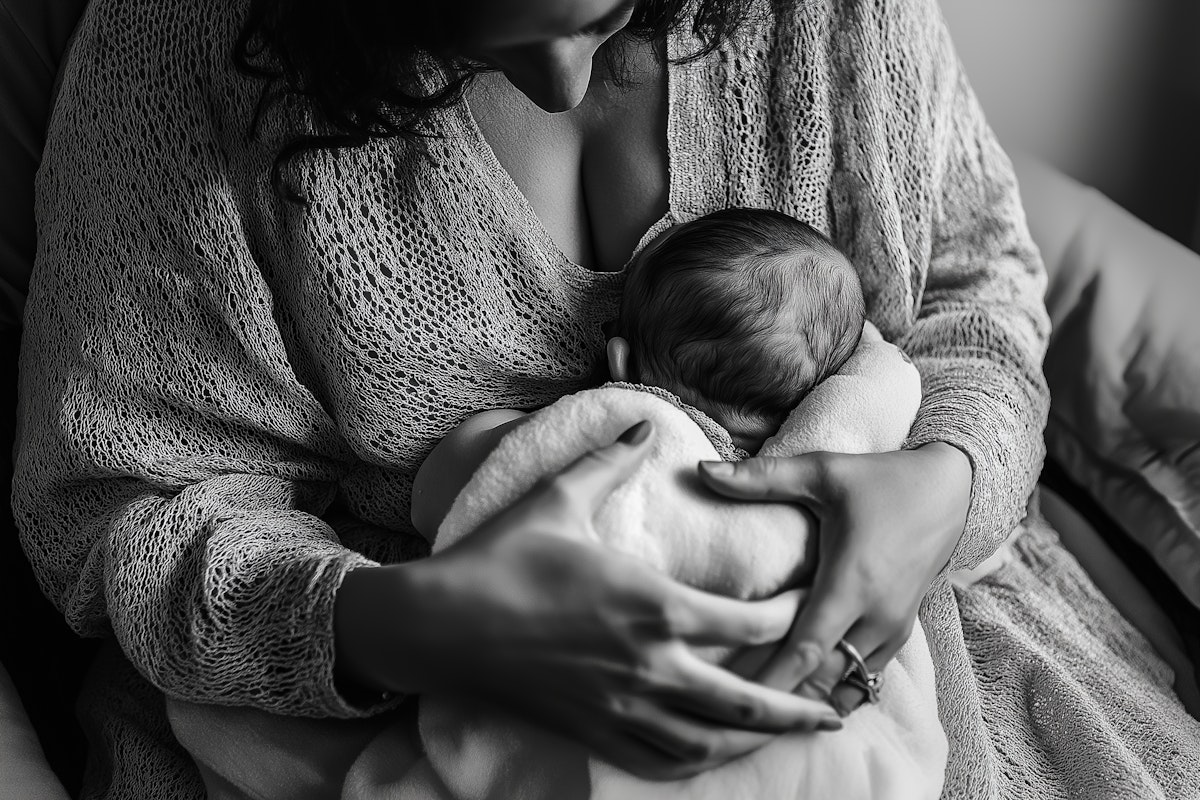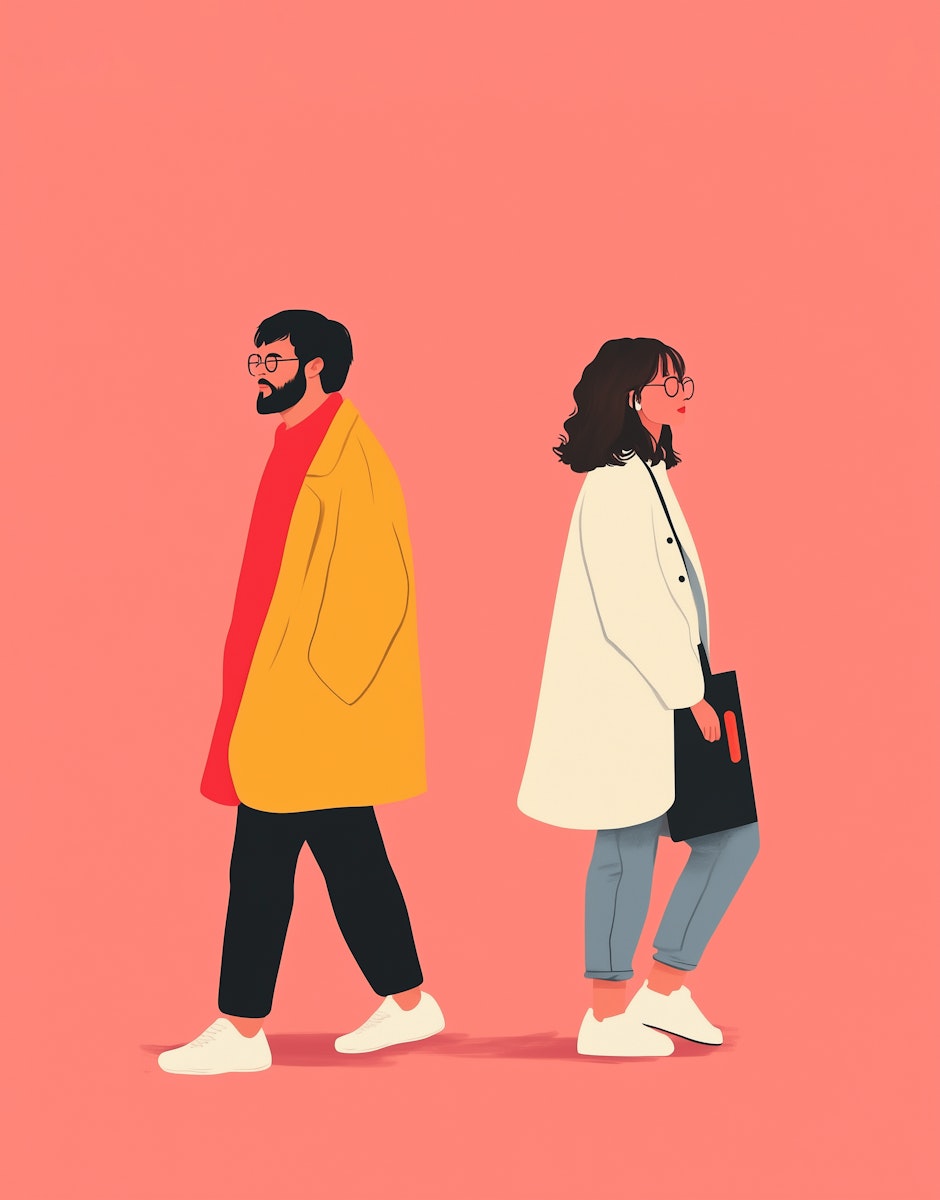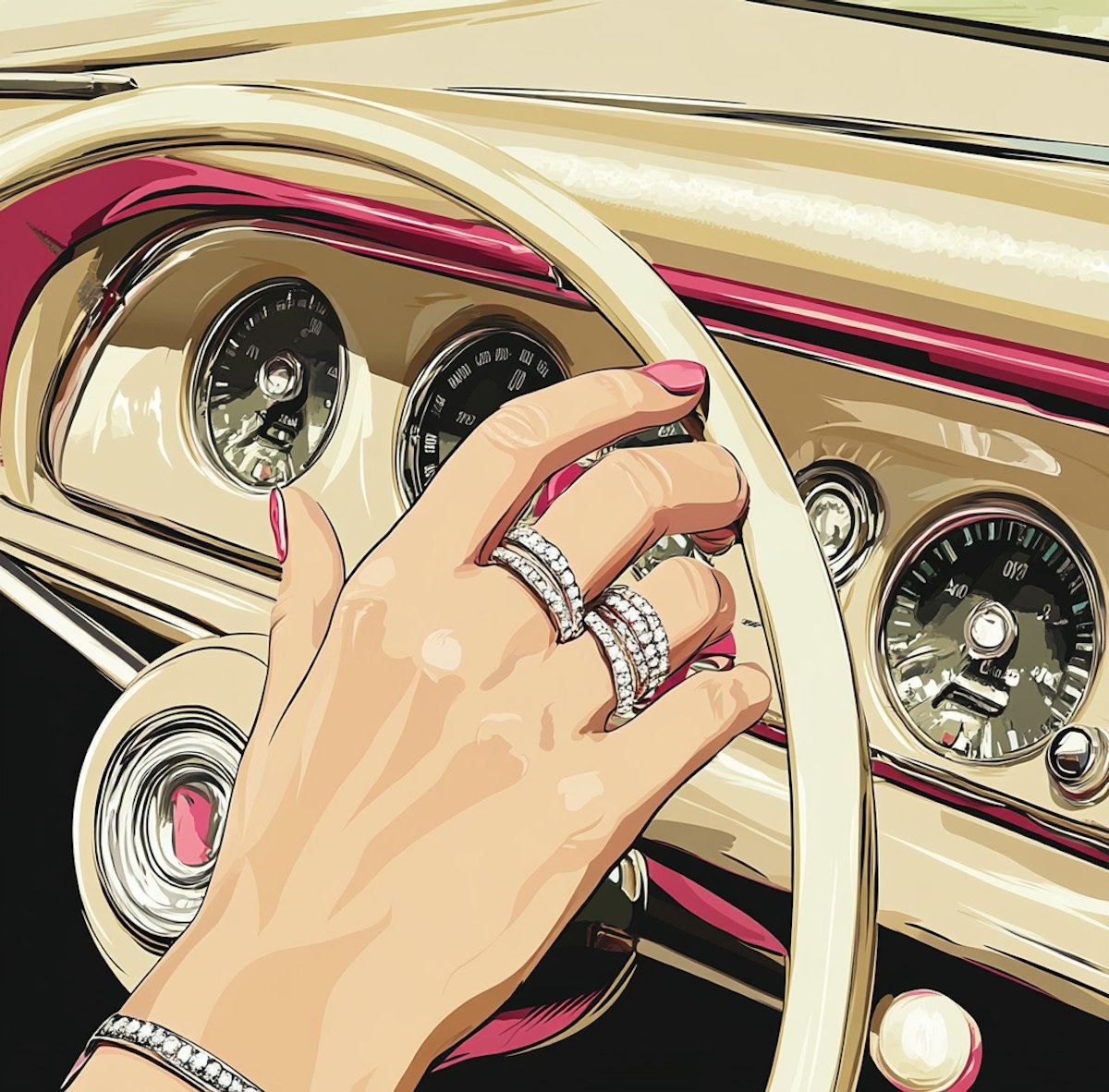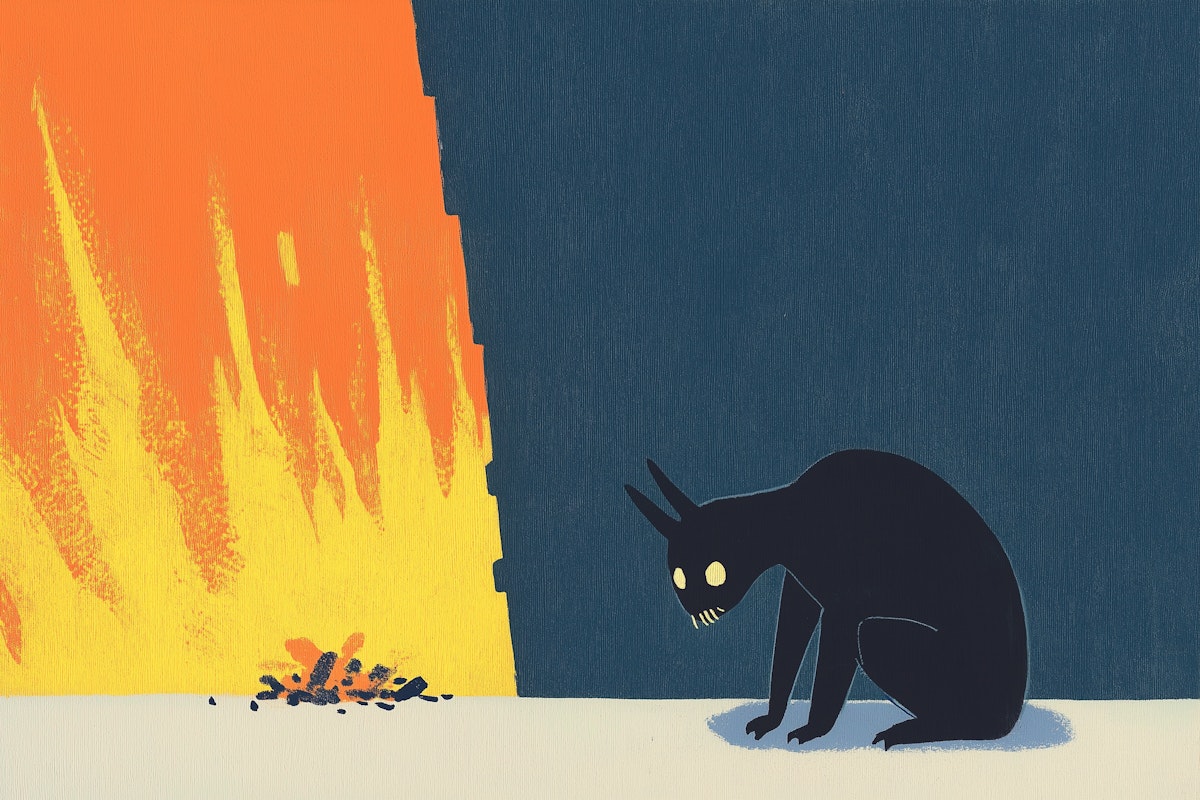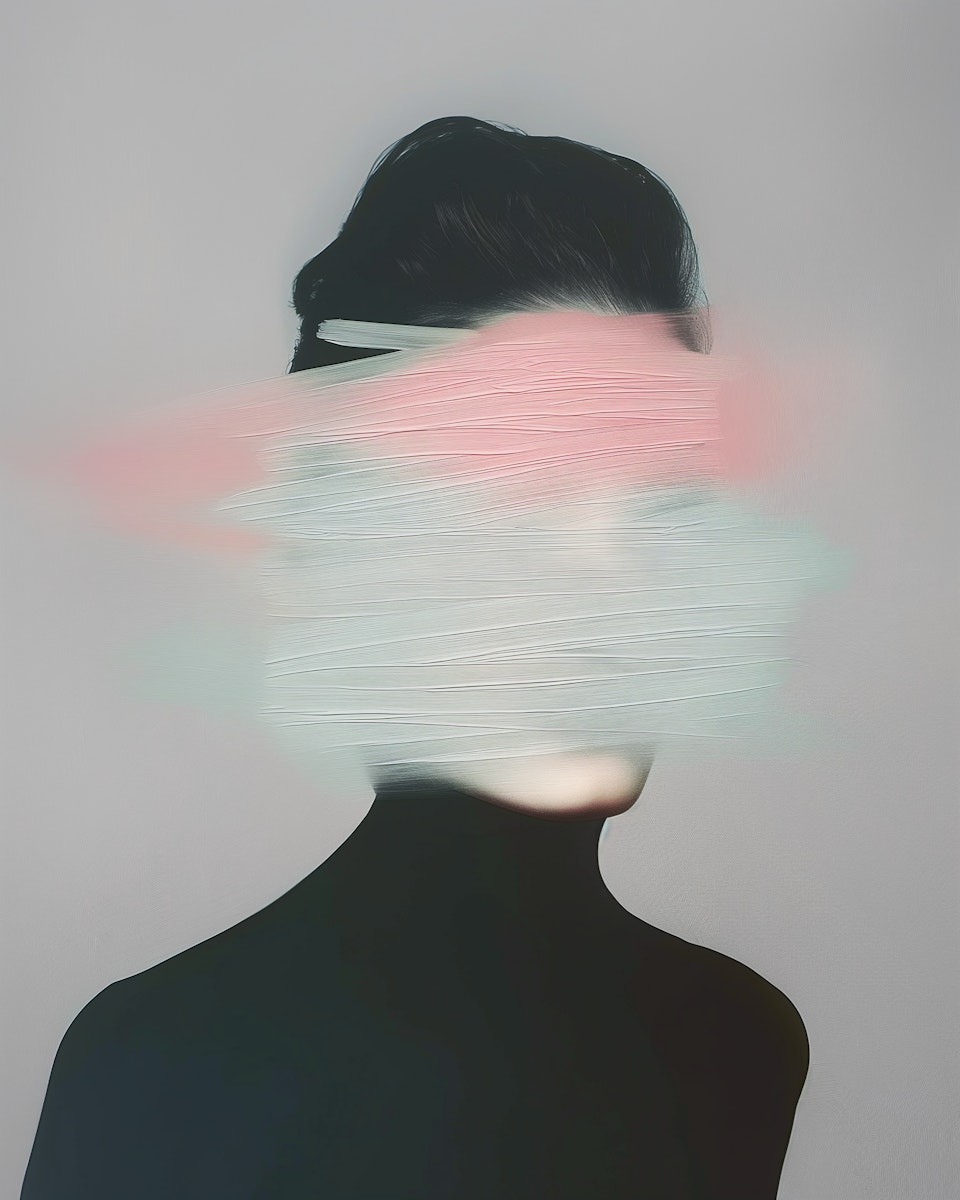I used to be that girl. The one who loudly declared she was "not like other girls."
The one who prided herself on having mostly male friends. The one who claimed she just didn’t get along with women because they were “too much drama.” The one who refused to wear pink, rolled her eyes at makeup, and turned her nose up at anything traditionally feminine.
Yep, I used to hate me too: I was a full-blown Pick Me girl. And I thought it made me superior.
Looking back, I cringe so hard I could fold in on myself. But at the time, it felt like survival. I had absorbed the lie that to be desirable, I had to be different from other women. That men’s approval mattered more than the sisterhood I was actively rejecting. That my worth was tied to how well I could distance myself from the very thing I was—female.
So, what changed? How did I go from internalized misogyny to seeing the light?

For so long, I believed the tired clichés: Women were catty. Women were shallow. Women were backstabbing, jealous, high-maintenance, fake. But then I started actually spending time with women who proved me wrong just by existing.
I recently had a massive Pick Me confession session with my friend Sarah (name changed to protect the guilty), who put it perfectly: “I realized I wasn’t meeting a bunch of unicorn women who were smart and cool. The definition of women I’d grown up with was just wrong. Women are not a monolith. We’re varied and interesting and unique.”
It hit me like a truck. Women weren’t the problem. My perception was.
One of the most freeing moments of my life was understanding that no matter how much I distanced myself from other women, I was never going to escape misogyny – another thing I discussed at length with Sarah. Trying to be the “cool girl” wasn’t going to protect me. If anything, it only made things worse.
If there’s one thing Pick Me girls eventually learn, it’s that men will throw you under the bus just as quickly as they do any other woman. You think you’re special—until you’re not.
If there’s one thing Pick Me girls eventually learn, it’s that men will throw you under the bus just as quickly as they do any other woman. You think you’re special—until you’re not. Until they pick someone else. Until you realize you’ve spent years being the “cool girl” only to be discarded the moment it’s convenient.
Another friend shared with me recently: “I was in a toxic relationship for years. I thought distancing myself from women would make my partner respect me more, but all it did was leave me isolated. When I finally left him, the women I had pushed away were the ones who welcomed me back with open arms. I’ll never forsake female friendship, support, and solidarity in favor of a man ever again”
Decentering men wasn’t just about rejecting their validation—it was about reclaiming my sense of self. About realizing I didn’t need to be in competition with other women. That actually, women were my greatest allies.
The wildest thing about Pick Me girls is the fact that the “not like other girls” trope is essentially a lie – another patriarchal tool used to build mistrust within allyships that can be worryingly powerful to men.
The “not like other girls” mindset is rooted in the idea that being a woman is inherently undesirable. That femininity is lesser. That to be valuable, you have to reject the very thing you are. As soon as I realised that everything I hated most about women, the thing that left me feeling threatened and unsure in my friendships – they didn’t exist. They were societal projections designed to minimize, designed to keep us in competition with one another.
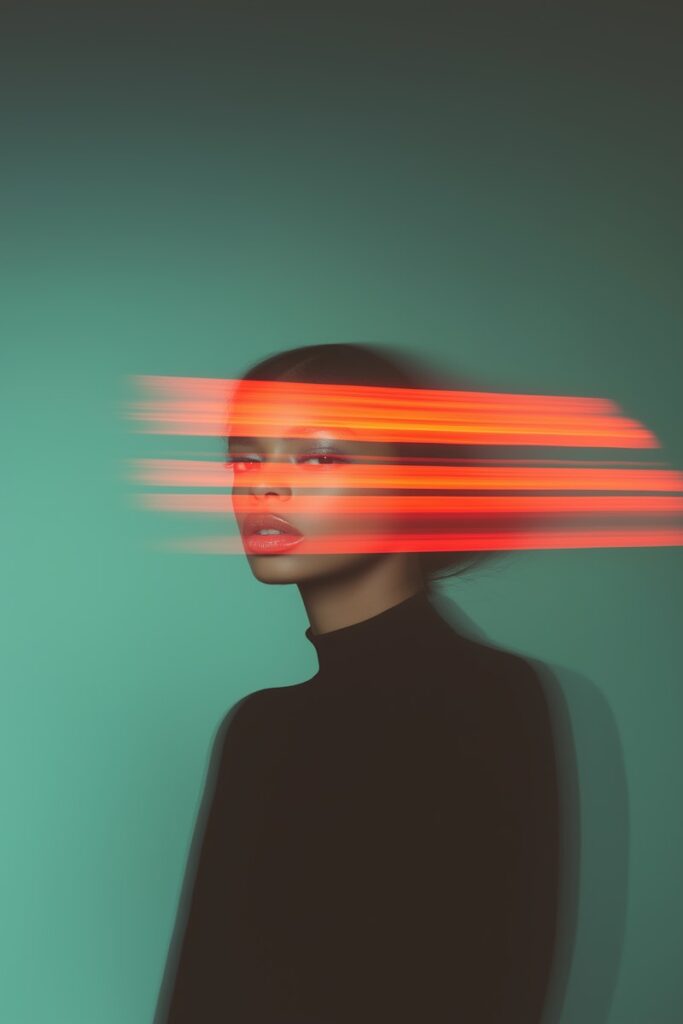
If you take nothing else from this, let it be this: Women are not your competition. They are your community, your support system, your fiercest defenders. The real game-changer for me wasn’t just unlearning my internalized misogyny—it was experiencing the power of female friendships.
As my good friend Sarah said, “I spent years trying to prove I was different, only to realize that I didn’t need to be. Women have been some of the greatest loves of my life—my friends, my mentors, my supporters. I just wish I had let myself see it sooner.”
if you’re reading this with a twinge of recognition—don’t feel shame. Feel relief. We’re in this together – unlearning what the world has taught us about who we’re supposed to be.
We don’t have to be “one of the guys.” We don’t have to reject femininity to be worthy. We don’t have to diminish other women to stand out.
There’s a whole world of sisterhood waiting for us with open arms.



